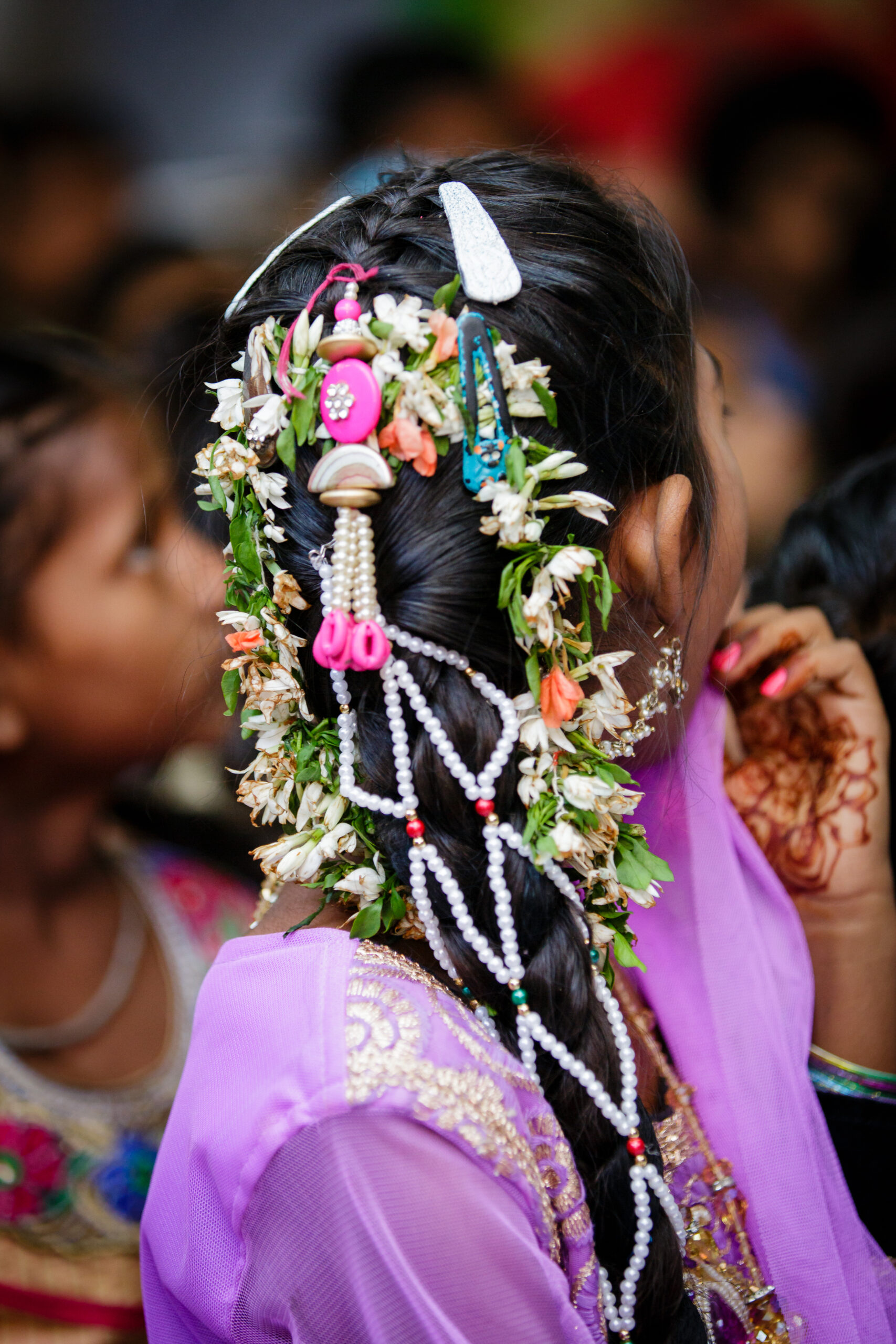Recent government changes in India have encouraged children’s homes to do their best to reintegrate children with their biological families. For over a year, Back2Back staff have diligently connected with each child’s family, assessing their needs and growth in order to reconnect them with their children. For some kids, their nuclear family is the best fit; for others, extended family is where they go, and Back2Back staff have prayerfully discerned the best fit for every boy and girl who formerly lived on campus. Reunification helps provide permanency for a child- a sense of belonging that the Children’s home could never offer as a temporary solution. Staff found keeping the children in a Children’s Home prevented the children from connecting with their family (one of our values is: Interconnected in their community). Reunification is a step in helping these children find their “forever” families.
One young lady, Sarita*, shared vulnerably with Back2Back social workers when conversations about reintegration began. “She was clear about not enjoying going back home,” her social worker shared. “Her mother is no longer living and her father is incarcerated, so we started doing visits with one of her aunts.” Staff quickly realized how fearful she became before going to stay with her aunt and uncle. She was experiencing verbal abuse, which led to unhappiness and a lack of felt safety around this part of her family.
Staff considered alternate options for her, connecting with other extended family members, when she met another aunt of Sarita’s. Sarita loved being with this aunt, however there was friction between her two aunts about who Sarita should live with permanently. “It was a challenging time,” shared the staff. “They kept going back and forth about where she would go, and it created so much heartache for Sarita as the unknowns grew.”
Shortly before reintegration was finalized, Sarita called her social worker crying, full of fear because she didn’t know yet where she was to live. Staff were quick to console her, reminding her to use her voice and always ask for help if she needed it. Sarita found out days later she was to live with the aunt she got along with so well and left the campus with joy and hope in her heart.
In a matter of one month, Sarita went from a scared little girl to one with confidence and a growing felt-safety living with an aunt who is caring for her well. She is treated as a daughter, she knows she belongs, and she is loved. She still attends the school on the campus and is connected with Back2Back staff and social workers. Together, staff, advocates, and sponsors alike help create spaces of safety where children feel the freedom to speak up for themselves and who know that what they deserve is not only an option, but will be fought for, on their behalf.

